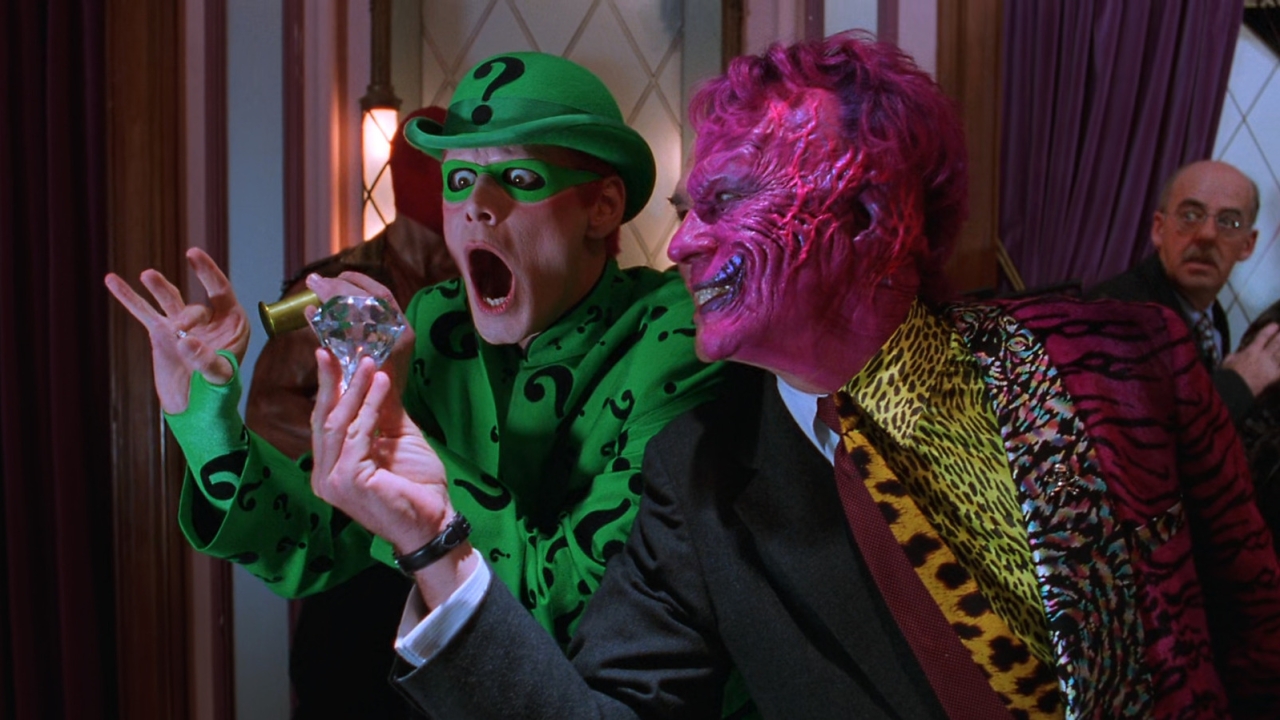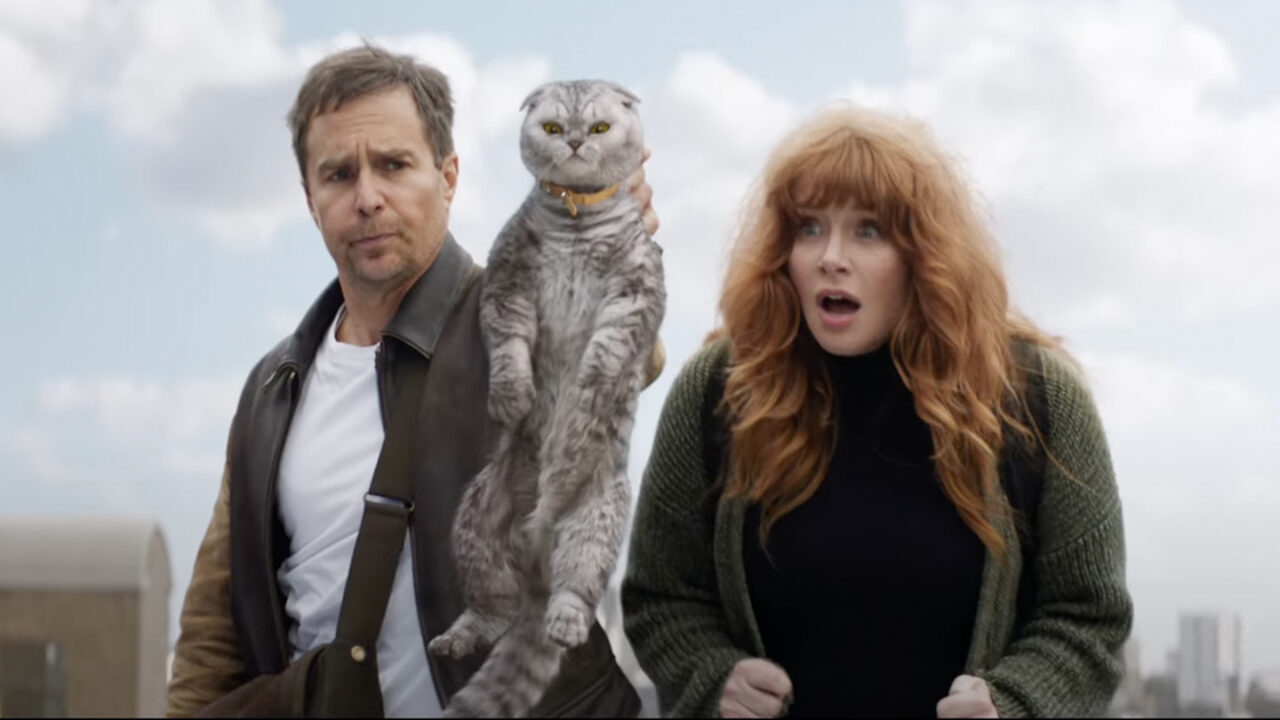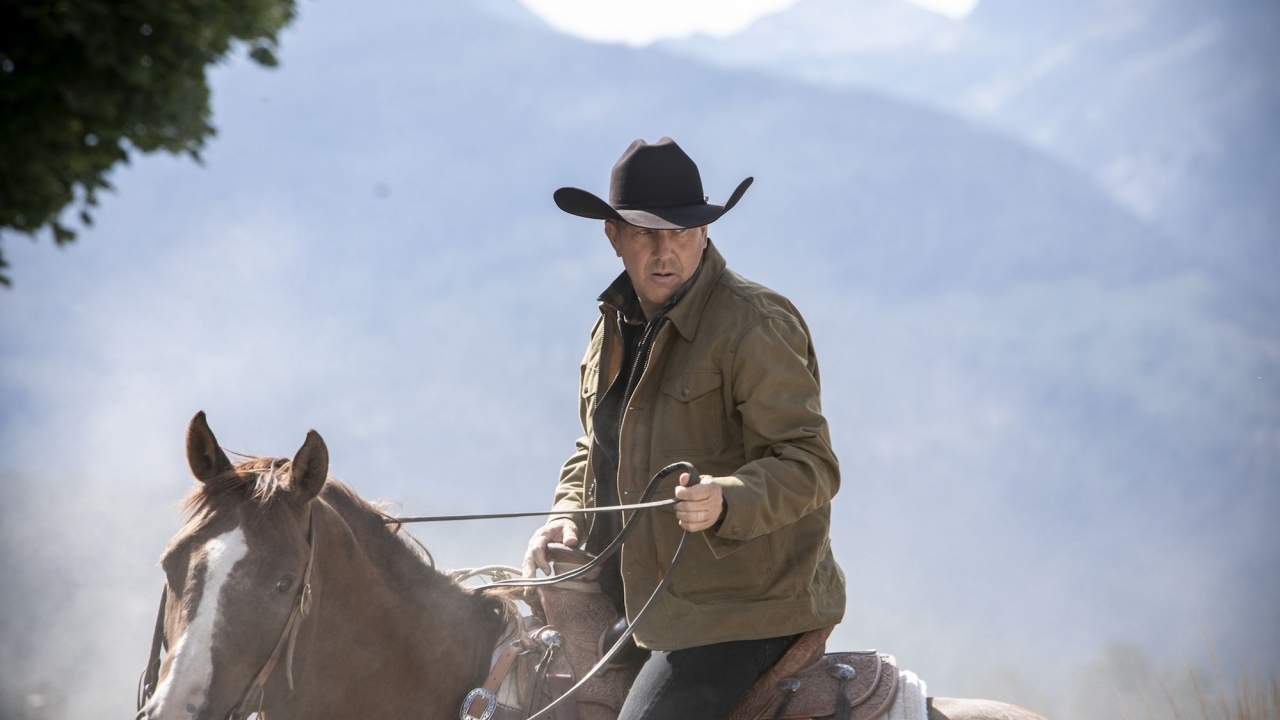The Ongoing Debate Surrounding Superhero Films: Perspectives from Martin Scorsese, Ridley Scott, and Beyond
News - 19 November 2023
 Every year, audiences are treated to a plethora of superhero films hitting the big screens. However, the debate surrounding the quality and artistic merit of these films has been ongoing, especially since acclaimed director Martin Scorsese criticized the genre and specifically called out Marvel films. While some vehemently disagree with Scorsese's stance, others find merit in his arguments.
Every year, audiences are treated to a plethora of superhero films hitting the big screens. However, the debate surrounding the quality and artistic merit of these films has been ongoing, especially since acclaimed director Martin Scorsese criticized the genre and specifically called out Marvel films. While some vehemently disagree with Scorsese's stance, others find merit in his arguments.Now, he has found support from another renowned filmmaker, Ridley Scott, known for his impressive works such as "Gladiator" and "Blade Runner."nnScott, whose latest epic "Napoleon" is currently captivating audiences, has not shied away from expressing his disdain for superhero films. In a recent interview, he highlighted the need for strong and compelling characters in films, suggesting that the superhero genre falls short in this aspect.
He stated, "You can't tell the entire story of Napoleon in just one battle. The full story had to be condensed, and that's what you see. The best films are driven by captivating characters, which superheroes lack.
They are just so dull. Why can't they make good superhero movies? They are tedious and rely solely on special effects."nnAlthough Scott's comments were made in 2021, they have resurfaced now with the release of "Napoleon.
" The divide between those who agree with him and those who dismiss his views has once again ignited heated discussions on social media and among film enthusiasts. nnOn one side, there are those who echo Scott's sentiments, arguing that superhero films often prioritize spectacle over storytelling and character development. They believe that the genre churns out formulaic and predictable content that fails to engage viewers on a deeper level.
In their view, the reliance on CGI and dazzling visuals cannot compensate for weak narratives and one-dimensional characters.nnConversely, there are others who vehemently defend the superhero genre, pointing to its widespread popularity, box office success, and ability to resonate with audiences of all ages. They argue that superhero films provide escapist entertainment, offer inspiring messages of heroism and courage, and serve as a source of joy and comfort for fans around the world.
Additionally, they applaud the technological advancements that have made it possible to bring larger-than-life characters and spectacular action sequences to life on screen.nnWhile the debate rages on, it is evident that both perspectives have valid points. Superhero films have become a dominant force in the film industry, shaping popular culture and influencing storytelling trends.
With their larger-than-life characters, epic battles, and grandiose narratives, these films cater to a broad audience and have become a staple in modern cinema. nnHowever, it is also important to acknowledge the criticisms leveled against the genre. Critics argue that the saturation of superhero films in the market has led to a homogenization of content, with many films following a familiar formula and relying on clichés.
They lament the lack of risk-taking and innovation, as studios prioritize safe bets and bankable franchises over originality and creativity.nnIn response to such criticisms, some filmmakers within the superhero genre have sought to push boundaries and explore new storytelling techniques. Directors like Christopher Nolan with "The Dark Knight" trilogy and Taika Waititi with "Thor: Ragnarok" have been lauded for infusing their films with depth, emotion, and humor, elevating them beyond mere spectacle.
These filmmakers have demonstrated that it is possible to create compelling and thought-provoking superhero films that resonate with audiences and stand the test of time.nnUltimately, the debate over the quality of superhero films is likely to continue as long as the genre remains popular and profitable. While some may view them as uninspired and repetitive, others appreciate them for their ability to entertain, inspire, and capture the imagination.
As filmmakers continue to explore new narratives, experiment with different genres, and challenge conventions, the landscape of superhero cinema is bound to evolve and diversify, offering audiences a range of experiences and perspectives to enjoy.











